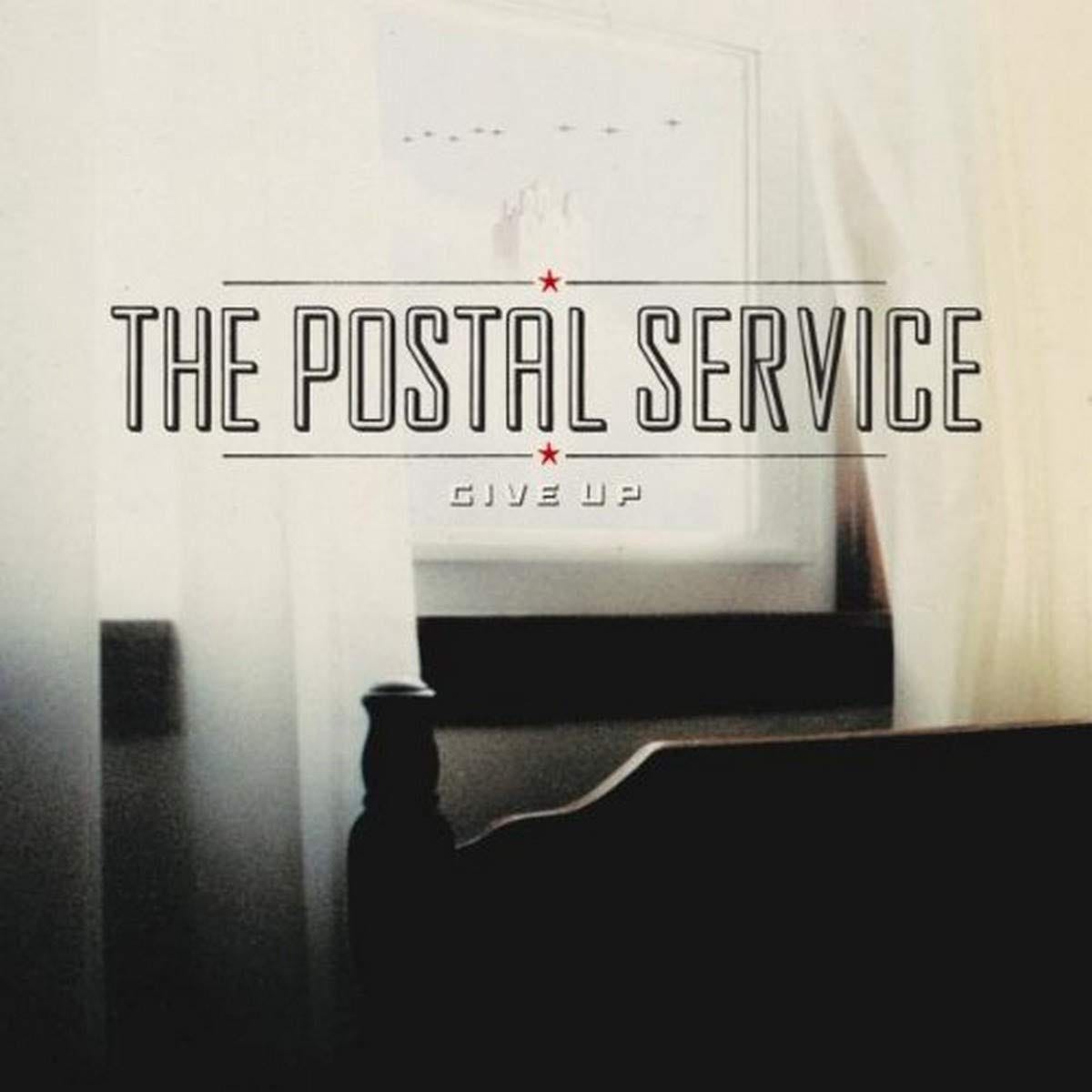Give Up
Go ahead, go a little crazy!
A few months ago I saw a psychiatrist for the first time in years. My moods felt all over the place. The pandemic had fried my ability to concentrate. Reading a book was difficult. Writing was near-impossible. I was prescribed very low doses of Adderall and Abilify, a mood stabilizer and antipsychotic. And both seemed to work very well. For the first time in my life I felt like I’d found psychiatric medications that really made a difference—something I was skeptical would ever happen.
And then, recently, they kind of stopped working. The Adderall would help me focus, but also make me anxious. The Abilify smoothed out my moods a bit, but did not prevent the depression and anxiety spirals I had been trying to get away from for years.
For a few days I battled against this. I wanted to be productive. I wanted to be able to write.
And then I realized I needed to give up—I needed to allow my brain to go to the places the meds were preventing me from exploring—places of unproductiveness, of anger, guilt, depression. I needed to have an episode.
When we speak of medications we usually speak of what they limit: SSRIs limit the most catastrophic depressions, Adderall limits your inattentiveness, mood stabilizers limit the extremes of your psychic shifts. Popular, non-medicinal mental health interventions are thought of in the same way: yoga calms you, meditation evens you out, cognitive behavioral therapy warps your responses to trauma and triggering situations so that they fall within an acceptable range of human emotions.
These interventions are necessary for our functioning under capitalism. It is impossible to do work when you’re in the middle of a panic attack, impossible to have the motivation to produce when you are catatonically depressed. Every intervention designed to limit the distress of mental illness is actually designed to limit the distress caused by not being able to function productively in our society.
I make no value judgements on the use of these interventions. I use many of them. And I cannot blame individuals for needing to work in our very fucked up world. But these past few weeks I’ve been working on allowing my brain to function with fewer limits, allowing it to go to extremes of anxiety without a Klonopin, allowing my unproductiveness to flourish without guilt.
I’ve come to believe that these “extreme” states are normal emotional responses to the world we live in. I feel despondent because we just went through a pandemic that killed millions of people, and is still ravaging parts of the globe. I feel uncontrollably anxious because surviving and thriving in this world brings up feelings of survivor's guilt and insecurity that it could all crumble at any given moment—the more stabilized I get the more I have to lose if I destabilize.
To allow ourselves destabilization is unfortunately a luxury—I have the time, money and support networks to ensure that my material life does not fall to pieces if my brain does. But perhaps we need to fight for it as a necessity. In the same way that Black radicals fought for self-care as a central part of their practice in the 1960s and 1970s, maybe we need to fight for the right to be messes.
Because when we fight for that right—to cry in bed for hours, to watch all eight seasons of Entourage in two weeks (or something less embarrassing that I’m sure you participate in when you’re a mess)—we’re fighting for a reclamation of our time and space stolen from us by capitalism.
To fight for stabilization is to ask for the ability to fit into a fucked up world. To fight for destabilization is to ask the world to bend itself to us—our needs, our messiness, our crazy minds.
I’m not sure if I will remain on either psychiatric medication I’ve been prescribed, but these last few months has made me rethink the use of drugs, and really all coping mechanisms: at their best, perhaps they aren’t really about stabilizing. At their best, coping mechanisms give us the wherewithal and skill to reach the darkest, most anxious, and scariest parts of our psyches. They allow us to give up, give in, and freak out.



reading this made my day, thank you
YES and there are always pesky side effects from all types of meds that then contribute to the anxiety. I guess there are no easy fixes. We have to sometimes sit with the fear, worry, and confusion, trusting somehow that calm will eventually prevail.